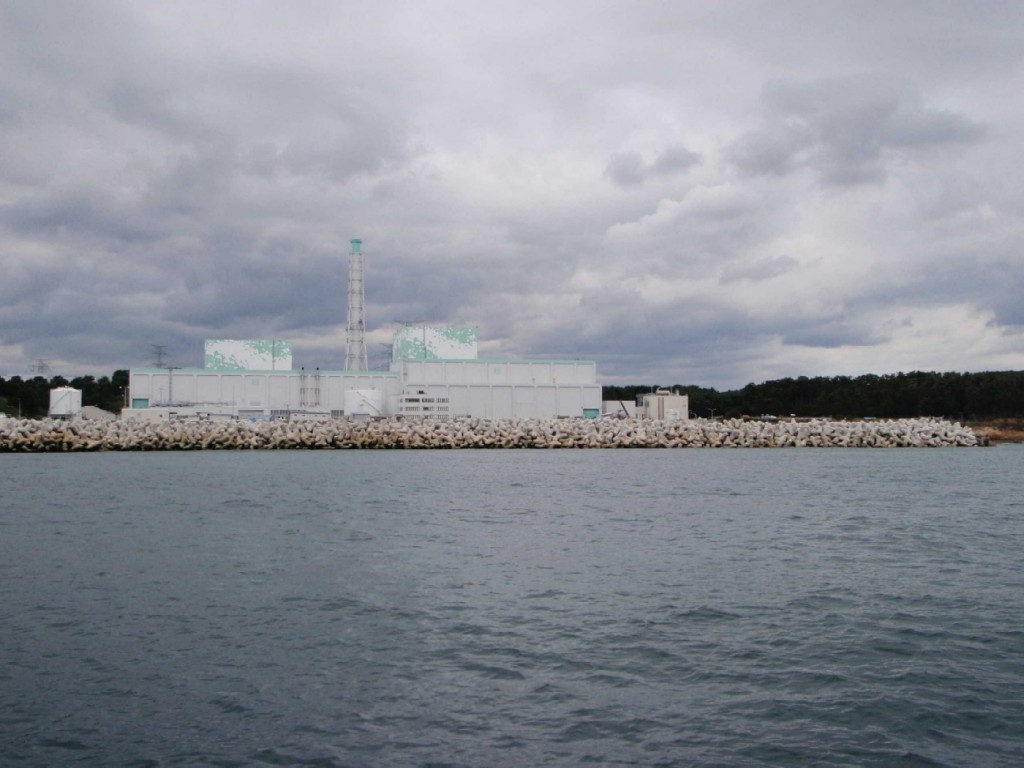Safely decommissioning Fukushima Daiichi and revitalizing Fukushima

Akira Ono is chief decommissioning officer of Tokyo Electric Power Company Holdings and president of the Fukushima Daiichi Decontamination and Decommissioning Engineering Company.
The mission of Tokyo Electric Power Company Holdings (TEPCO), and my personal mission, is to safely decommission the damaged Fukushima Daiichi nuclear power station and thereby contribute to the revitalization of Fukushima.
In performing this important work, we are guided by the principle of balancing the recovery of Fukushima with the decommissioning of the Fukushima Daiichi nuclear power station, doing everything possible to mitigate the risks as we progress. Since the accident on March 11, 2011, we have stabilized the site and alleviated many of its crisis aspects.
Most significantly, we have been making efforts to improve the working environment by reducing the contamination on the site due to the accident. About 4,000 workers are currently engaged at Fukushima Daiichi. The average monthly radiation dose for those workers has been reduced from 21.55 mSv (2,155 mrem) immediately following the accident to 0.3 mSv (30 mrem).




